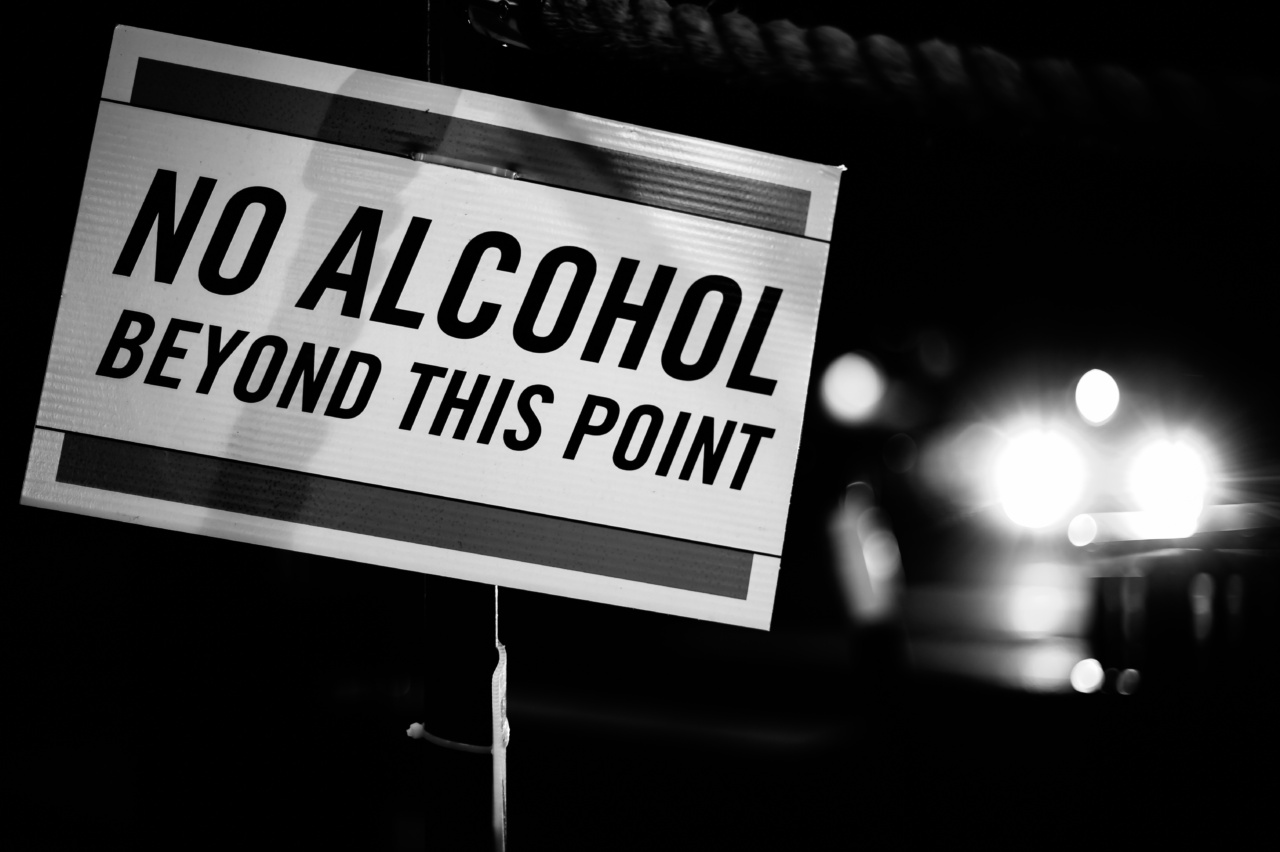Food allergies have become increasingly common in recent years, affecting millions of people around the world. They occur when the immune system mistakenly identifies certain foods as harmful and triggers an allergic reaction.
While there’s no known cure for food allergies, there are several preventive measures you can take to reduce the risk of developing allergies or having severe reactions. Follow these six simple rules to help prevent food allergies and keep yourself or your loved ones safe.
1. Learn and Identify Common Food Allergens
One of the first steps in preventing food allergies is to familiarize yourself with the most common allergenic foods. The eight major food allergens include milk, eggs, peanuts, tree nuts (such as almonds and cashews), soy, wheat, fish, and shellfish.
By knowing which foods are most likely to cause allergies, you can be cautious and take appropriate measures while preparing or consuming meals.
2. Read Food Labels Carefully
Food labels contain vital information about the ingredients in a product, including any potential allergens. When grocery shopping, make it a habit to thoroughly read the labels of packaged foods.
Look for mentions of common allergens like milk, eggs, peanuts, and soy. Manufacturers are required to clearly label any major allergens present in their products, making it easier for consumers to avoid allergens they are sensitive to.
3. Practice Cross-Contamination Prevention
Cross-contamination can occur when allergenic foods come into contact with non-allergenic foods or surfaces. This can happen during food preparation or storage.
To prevent cross-contamination, keep separate cutting boards, utensils, and cooking equipment for allergenic foods. It’s also important to clean and sanitize kitchen surfaces thoroughly after handling allergenic ingredients.
4. Be Mindful of Hidden Allergens
Some foods may contain hidden allergens that are not immediately obvious. For example, certain sauces, dressings, and marinades may contain traces of allergenic ingredients.
Always ask about the ingredients used in restaurant dishes and be cautious when consuming foods from unknown sources. If you’re unsure about the allergen content, it’s best to err on the side of caution and avoid the food altogether.
5. Educate Yourself and Others
Knowledge is key when it comes to preventing food allergies. Learn about the signs and symptoms of allergic reactions, so you can quickly identify them in yourself or others.
If you have children, teach them about their food allergies and the importance of avoiding certain foods. Educating others about food allergies can also create a supportive and understanding environment, minimizing the risk of accidental exposure.
6. Carry Medications and Emergency Action Plans
Despite taking preventive measures, accidental exposure to allergenic foods can still occur.
It’s crucial to always carry emergency medications like epinephrine autoinjectors (commonly known as EpiPens) if you or a loved one has a known food allergy. Make sure you and those close to you know how to use the medication and have an emergency action plan in place. This includes knowing when to administer the medication and seeking immediate medical attention afterwards.
By following these six simple rules, you can significantly reduce the risk of developing food allergies or experiencing severe allergic reactions.
Remember to stay informed, read labels carefully, practice good hygiene in the kitchen, and be prepared for emergencies. Food allergies can be managed effectively with proper precautions and awareness.





























